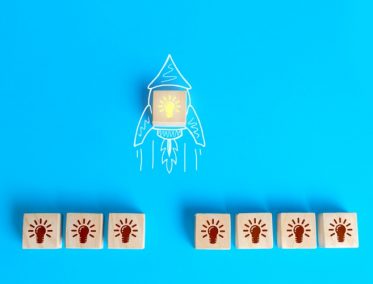What is Oracle Market-Driven Support?
Market Driven Support, or MDS for short, is Oracle’s recent support offering that acts as a way of mitigating specific support gaps for eligible software versions of Oracle products like Oracle E-Business Suite (EBS).
For context, if your Oracle EBS is not yet on release 12.2 by the time December 2021 ends, you will immediately lose Premier Support and enter into Sustaining Support. You have the option to purchase Market-Driven Support as a limited support solution that covers Severity 1 fixes and security fixes.
In a nutshell, Oracle Market-Driven Support is a temporary solution for those Oracle EBS clients who are running on versions below 12.2. This support offering is provided by Oracle Advanced Customer Services (ACS) to bridge the support gap, helping EBS users continue to operate safely and stably while ideally completing the project to move to release 12.2.
Market-Driven Support includes the following service components that are not available with Oracle Sustaining Support:
- Critical fixes, and/or workarounds for newly-discovered product issues resulting in Severity 1 and 2 Service Requests.
- Periodic critical security patches and updates.
- Legislative and regulatory updates, as well as payroll-tax updates for selected countries
Limitations of Market-Driven Support
While your Oracle EBS will be partially covered in specific aspects, there are a number of Oracle MDS myths related to limitations, restrictions, and exclusions that come with MDS, such as:
- No access to Platinum services,
- No access to limitless tax, legal, and regulatory updates,
- No middleware and integrations,
- No access to any type of certifications for most 3rd party products,
- No architectural changes,
- EBS product exclusions,
- Payroll country limitations.
Oracle Market-Driven Support Cost
The question in everyone’s mind interested in purchasing Market-Driven Support is how much it costs. Unfortunately, and true everytime, is that there’s no straightforward answer to what the specific Oracle Market-Driven Support cost actually is.
What we can give you is a ballpark estimate. While it varies from client to client, specifically depending on each client’s EBS annual support, it can range from an extra $25K to $225K.
These large sums of money truly put into perspective how important it is to instead invest in the upgrade to EBS 12.2 and skip trying to temporarily remediate support gaps. What you need to carefully consider is the unique needs of your EBS instance and how critical it is for your system to remain supported, operational, secured, and optimized.
Market Driven Support Cost Tiers
There are four Market Driven Support pricing buckets:
- Small
- Medium
- Large
- Enterprise
With no clear dollar sign on what MDS actually costs, there’s a correlation between what clients pay for annual renewals and support levels that determine the category or size of their EBS and thus, their pricing for Market Driven Support.
For context, there are a set of costs associated with maintaining EBS 12.1 to support production lines, and pricing is structured based on demand, which is why it makes sense for Oracle to offer MDS only for a couple of years.
Conclusion
Premier Support consists of:
- Program updates, fixes, security alerts, and critical patch updates.
- Upgrade scripts (on a per-program basis).
- Certification with most 3rd party products/versions (on a per-program basis).
- Major product and technology releases, if and when made available by Oracle, including general maintenance releases, selected functionality releases, and documentation updates.
- 24/7 assistance with service requests.
- Access to My Oracle Support, including logging service requests online.
- Non-technical customer service during normal business hours.
Download our latest infographic where we detail the different support paths you can take during this critical time where the expiration date for Premier Support is nearing its end for EBS clients below release 12.2. There, you’ll be able to see what each path entails and includes so you can make an informed decision of what suits your unique EBS needs.




